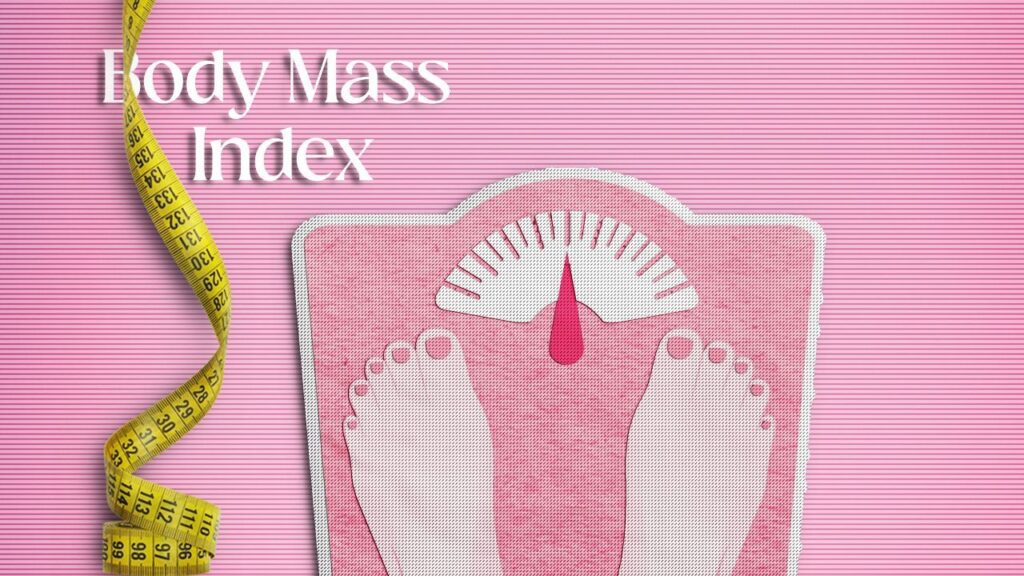Obesity, commonly referred to as excess weight, is a medical condition characterized by an excessive accumulation of body fat. It is primarily assessed using the Body Mass Index (BMI), a straightforward screening tool that helps determine whether an individual is underweight, normal weight, overweight, or obese. To calculate your BMI, you can use an online calculator that requires your height, weight, and age.
Understanding Body Mass Index (BMI)
| BMI Range | Category |
|---|---|
| Under 18.5 | Underweight |
| 18.5 – 24.9 | Normal weight |
| 25.0 – 29.9 | Overweight |
| 30.0 and above | Obese |
If your BMI is over 30, you fall into the obese category, which significantly increases the risk of various health conditions associated with obesity. Additionally, waist circumference measurements are also taken to assess obesity-related risks, especially for abdominal fat.
What Causes Obesity?
The primary cause of obesity is the imbalance between calorie intake and calorie expenditure. Consuming more calories than the body burns leads to excess calories being stored as fat. However, determining the exact cause of obesity can be complex and multifaceted. Health issues and poor lifestyle choices significantly contribute to the development of obesity.
Genetic Factors
Individuals with a family history of obesity may have a higher risk of developing the condition themselves. Genetics can influence metabolism, appetite, and fat storage, making it important to recognize family health history when assessing obesity risk.
Health Issues
Certain health conditions such as hypothyroidism, Cushing’s syndrome, and depression can disrupt metabolic processes in the body, potentially leading to weight gain. These conditions often require medical intervention for effective management.
Lifestyle Choices
A sedentary lifestyle, poor dietary choices, and stress can all contribute to obesity. Regular physical activity and a balanced diet are crucial in managing weight effectively. It is vital to seek expert advice, especially for individuals struggling to lose weight despite their efforts.
Seeking Help to Combat Obesity
If you find yourself struggling to lose weight, it is advisable to consult a health expert. A nutritionist or dietitian can provide personalized dietary plans and lifestyle modifications tailored to your specific needs. They can help create a sustainable approach to losing weight while considering your overall health and wellness.
Conclusion
Obesity is a complex issue that requires a combination of understanding, personal accountability, and professional guidance. By evaluating BMI and understanding the causes, individuals can take proactive steps towards a healthier lifestyle.

